The tile making machinery industry is greatly influenced by construction activities and government-led infrastructure projects. During the Covid-19 pandemic in 2020, the industry was affected, experiencing a 9.7% decline due to the lock down and minimized construction work. This post-pandemic era has brought about a new phase for the industry, which means, wholesalers can now invest into the business and make good profits.
The tile making machine technology enables quick and efficient tile manufacturing, and at a reduced cost. However, these items come in different designs and models, and it can seem overwhelming trying to make a decision on which one of them to pick. This article guides on how to source suitable tile making machines for business advantage.
Table of Contents
Tile making machinery market outlook
Factors to consider when choosing a tile making machine
The different types of tile making machines
Conclusion
Tile making machinery market outlook
The global market for tile making machines is valued at over US$ 10 billion, expanding at a compound annual growth rate (CAGR) of 5.8% from 2021 to 2028. This demand is driven by an increased rate of renovations and construction projects around the world, and the availability of requisite automated machinery helps to improve tile production rate and its scope of function.
These machines are programmed to manufacture ceramics, porcelain, or terra cotta tiles, which are further installed in homes for modification and decoration purposes both for interiors and exteriors. Tiles are very important in buildings because they secure the floors and walls against cracks, moisture, and damage.
On the other hand, tile making machines are utilized industrially for the creation of multiple batches of tiles (with varying sizes, shapes, and patterns). The machines are patronized by manufacturing companies and construction companies, particularly those that have specific designs of tiles to produce or those wanting to save costs on logistics.
Factors to consider when choosing a tile making machine
There are different ranges of tile making machines out there in the market with the technology to create quality and durable tiles. But given that it can get a little confusing figuring out which machine will best suit the preference of buyers, the following factors will help narrow down the choice of options:
Price
Machine cost is the first thing to consider when looking to invest in the tile making machine industry. A market survey that reveals the machine cost can help determine future profits and market potential. Draw out a plan that details the number of machines to purchase, the budget, and whether they align with current revenue, customers’ weight, and business goals.
Warranty
Investing in machinery with verified warranties helps to ensure the security of the product. A manufacturer’s warranty is one way to convince purchasing companies that the product they are looking to invest in is durable, efficient, and of high quality. When deciding on the tile making machine to go for, study the warranty information linked to the product to know if they meet the standard warranty. Products with zero or short warranty should be avoided, regardless of the brand or design
Tile size
Before making moves to acquire a tile making machine, know the size of tiles customers in your areas want. Certain companies have distinguished themselves by their approach to tile production. They either focus on creating small-sized tiles, like tiles used for bathrooms, kitchens, and toilets, or large-sized tiles, like those used in sitting rooms). This niche production helps to accurately select the right tile making machines. For example, these machines are uniquely programmed to create tiles of a certain size and grade. It’s important to pick machines based on market preference, this will help business buyers better channel their investments.
Tile pattern
Different tile making machines are designed to produce tiles with different patterns and textures. There is no particular tile pattern that stands out for everyone, it all depends on the taste and preference of customers. However, some patterns are preferred due to their characteristics and advantages. For example, glazed tiles offer a convenient cleaning experience, while a typical terra cotta tile with no glaze causes recurring stains.
Maintenance cost
Machine repair and maintenance cost is often overlooked at the point of purchase. And this is a very important thing to consider because all machines have their unique maintenance demands and costs. Effective maintenance is what helps to extend the life of a machine. And regular maintenance implementation can improve machine efficiency as well as secure it from unforeseen damages. Items with complicated maintenance requirements should be avoided at all costs. Instead, choose a machine with spare parts that are easy to find.
Machine quality
Be sure to check out the labels of a machine and gain a better scope of the materials used in creating the machine before buying the machine. High-quality tile making machines are identified through the type of materials used to craft them, and the length of their service year. Low-budget machines mostly come with a shorter service life. Before rushing to pay for any machinery, confirm the information about the manufacturing materials to know the actual value of the machine.
Tile productivity
Each tile making machine possesses a different production capacity and strength. Tile-making machines’ efficiency can be seen in their specifications and features. It’s important to learn about the production capacity of a machine and whether it matches that of the target buyers before eventually selecting such a machine.
The different types of tile making machines
Ceramic tile making machine
The ceramic tile making machine is worldwide renowned for its precision cutting ability, with a design that uses the hydraulic drive and automatic location to decide the dimension of the target product, and the exact positions to cut out. This machine is the right solution for customers seeking to operate multiple shifts with machinery designed to simplify tile production process. The machine comes with a computer box for ease of usage, and it offers low maintenance and ease of installation procedures.

Features
- Manual decoiler can bear 5 tons
- Feeding platform
- Main molding core
- Hydraulic system
- Automatic shearing system
- Computer control system
- Panel supporting table
Pricing: US$ 30,500 – US$ 31,000
Pros
- High quality product
- Driven system protective covering
- Ease of operation and maintenance
- High-precision automation design
- It can cut tiles at different dimensions
Cons
- Requires a very large factory space
- High energy consumption
- Requires consistent monitoring
Porcelain tile making machine
This machinery is a great solution for markets that require medium production capacities. It offers a computer control and human-machine interface, requiring just about 2-3 operators (with the aid of automation) and 5-6 workers (for manual operation). The heart of the system is its high precision and production level – it can produce many sizes of terrazzo tiles. It generally functions by pressing cement concrete into terrazzo through an automatic and hydraulic system. The raw materials include sand, cement, concrete, and slag.

Features
- High strength and density
- A hydraulic cylinder (built to ensure maximum reliability and performance)
- Computer control and human-machine interface.
- Hydraulic pump
- Compact design and structure
Pricing: US$ 14,874.45
Pros
- Versatile applications
- Does not require so many laborers (5-6 workers max)
- A machine can produce different sizes of terrazzo tiles
- Utilized a controlling system for ease of operation
- Offers ease of maintenance
Cons
- Only ideal for small investment
- Requires human monitoring and control
Glazed tile making machine
This exceptional machine is recognized for producing glossy roof tiles with good finishes. The tiles are coated with a layer of liquid glass before they are taken through another process of high-temperature heating. This option is ideal for customers seeking maximum flexibility of production because of the design of their plant or their production center. The machine has a good working speed and a control box that allows ease of usage.
Features
- 3-20 m/min working speed
- Control system – PLC (7 inch touch system)
- Hydraulic cutting system
- Machine power up to 4kw
- Good efficiency
Pricing : US$ 13,460.34
Pros
- Good flexibility
- High quality product
- Control system for ease of usage
- Good working speed
- Ease of maintenance
Cons
- Heavy duty machine (not easily movable)
Marble tile making machine
This tile making machine adopts Italian terrazzo brick machine technology, kitted with impressive features such as steel molds, PLC programming, high-frequency vibration, flattening, vacuum drainage, and hydraulic pressure filtration molding. The material used for the tile formation process includes cement, sand, concrete, stone powder, marble, quartz stone, crushed stone, and broken ceramics or broken glass.
The machine consists of different compartments which are all instrumental in the production process. The parts include the bucket elevator, mixer, tile press machine, and concrete base.

Features
- PLC programming
- High-frequency vibration
- Vacuum drainage
- Hydraulic pressure filtration molding
Pricing: US$ 21,706.77
Pros
- Produces eco-friendly tiles
- Cost effective production
- Good efficiency and flexibility
- Creates different tile patterns
- Easy to operate and maintain
Cons
- Requires human operator
- Production circle takes time to complete (10 to 14 days)
Granite tile-machine
This machine is the right solution to start a high-capacity and large batch production plant. This blasting machine is efficient in paving and processing block stones and granites. And it can create marble, granite, and ceramic floor tiles. It has a 3-stage rotating drum separator, with a separating rate of up to 99.9%. All shot-blasting machines are immersed with abrasive reclaim systems. The machine also boasts a separator and dust collector technology.

Features
- Abrasive reclaim system
- Safety control set-up
- Dust collection technology
- Bucket elevator
- PLC control system
- Shot blasting machine with roller conveyor
- 3-stage rotating drum separator
Pricing: US$ 24,294.93
Pros
- Viable for high capacity production
- Non-pit design that offers easy installation and easy movement
- High efficiency
- Creates different tile patterns
- Secure control system
Cons
- Heavy duty machinery that is difficult to move around
- Complex operation mechanism
- Relatively complicated maintenance
Stone tile making machine
Stone tile making machines provide solutions for increased production using integrated automation technologies and/or robotized solutions, yet offering maximum flexibility and efficiency. The state-of-the-art finishing machine comes complete with stand-alone compartments and segments. There is a 3-blade vertical cutting and 5 or 7 blades cross-cutting. The vertical cutting machine uses a thick belt to transport the slabs. The machine is strong enough to cut thick hard granite, with a system that is designed to prevent slab movement during cutting. The machine has inbuilt sensors that check the length of slab positions and control them so they don’t interfere during granite cutting. This is a multifunction power machine that can efficiently serve large-scale investments.

Features
- Has 3 blades vertical cutting and 5 or 7 blades cross cutting
- Sensor system for checking the length of slab
- Used 18.5KW spindle motor
- Hydraulic cylinder
Pricing: US$ 36,690.30 – US$ 37,186.11
Pros
- High efficiency
- Good conveyor moving speed
- Great cutting speed
- High quality product
- Ease of operation
Cons
- High factory space required
- High energy requirement
- Difficult to move around
- Relatively complicated maintenance
Who are the targeted consumers of the tile making machines?
Heavy machinery like tile making machines is in high demand for industry-focussed groups like tile manufacturing companies, or construction companies that have huge building and renovation projects. This machinery can also be purchased by companies that deal in heavy-duty equipment or individual dealers. However, there are a couple of top-ranking tile manufacturing companies in countries like Spain, Brazil, Mexico, and China that are creating traction in the market. Each of these tile manufacturing companies serves a community of tile users which includes tile fixers, small builders, plumbers, real estate developers, shopfitters, interior designers and architects, among others.
Conclusion
As the demand for automated, economical, and advanced tile making machinery continues to increase, investing in a tile making machine could likely be a profitable choice. Since this is a large-scale investment it’s crucial to thoroughly analyze the machine and ensure it matches the needs of prospective buyers before making a purchase. Visit the Chovm.com website to check out some modern, eco-friendly, and budget-friendly tile making machines that can influence sales and increase profit.
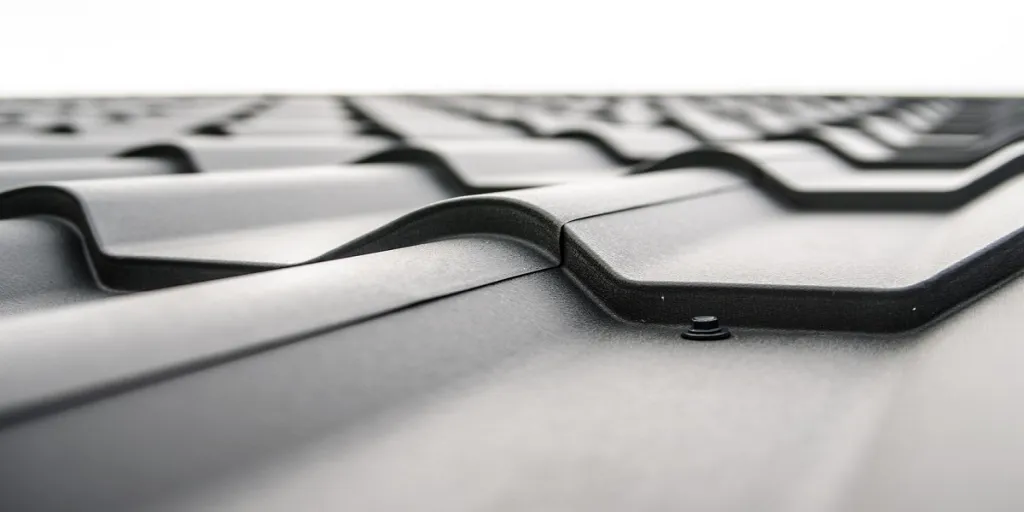
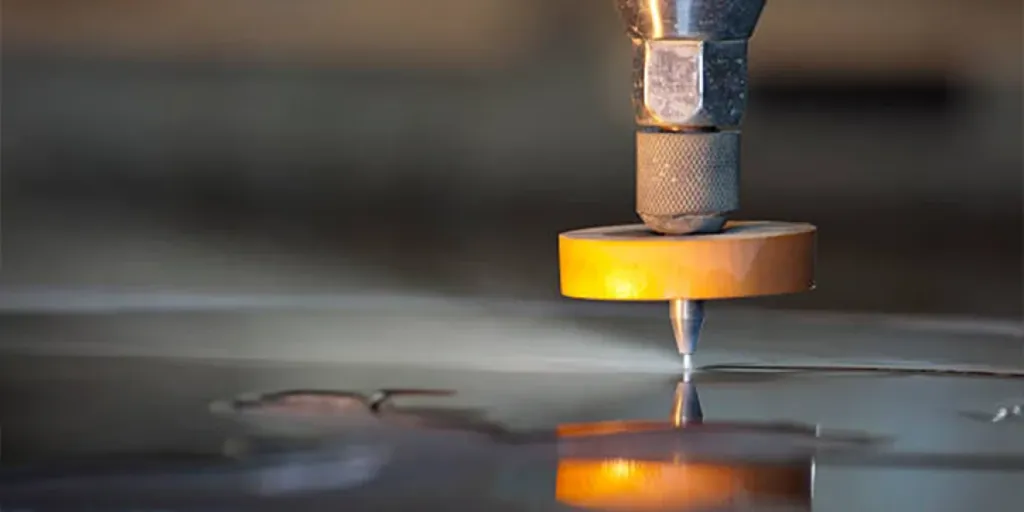
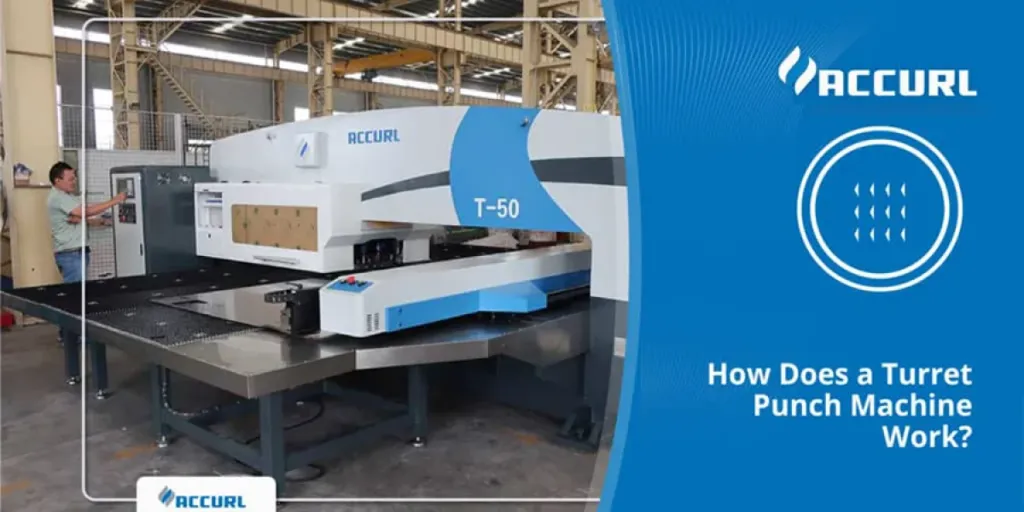
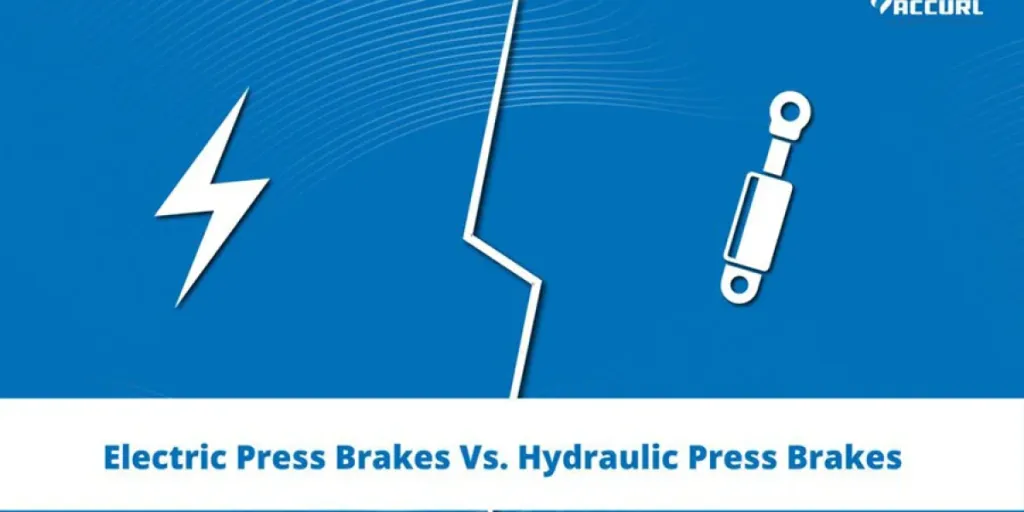
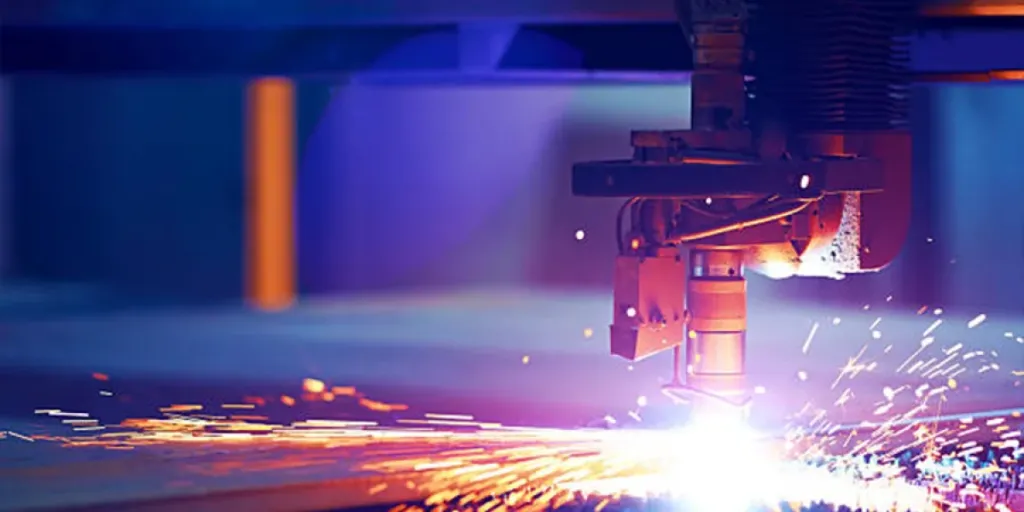
 বাংলা
বাংলা Nederlands
Nederlands English
English Français
Français Deutsch
Deutsch हिन्दी
हिन्दी Bahasa Indonesia
Bahasa Indonesia Italiano
Italiano 日本語
日本語 한국어
한국어 Bahasa Melayu
Bahasa Melayu മലയാളം
മലയാളം پښتو
پښتو فارسی
فارسی Polski
Polski Português
Português Русский
Русский Español
Español Kiswahili
Kiswahili ไทย
ไทย Türkçe
Türkçe اردو
اردو Tiếng Việt
Tiếng Việt isiXhosa
isiXhosa Zulu
Zulu